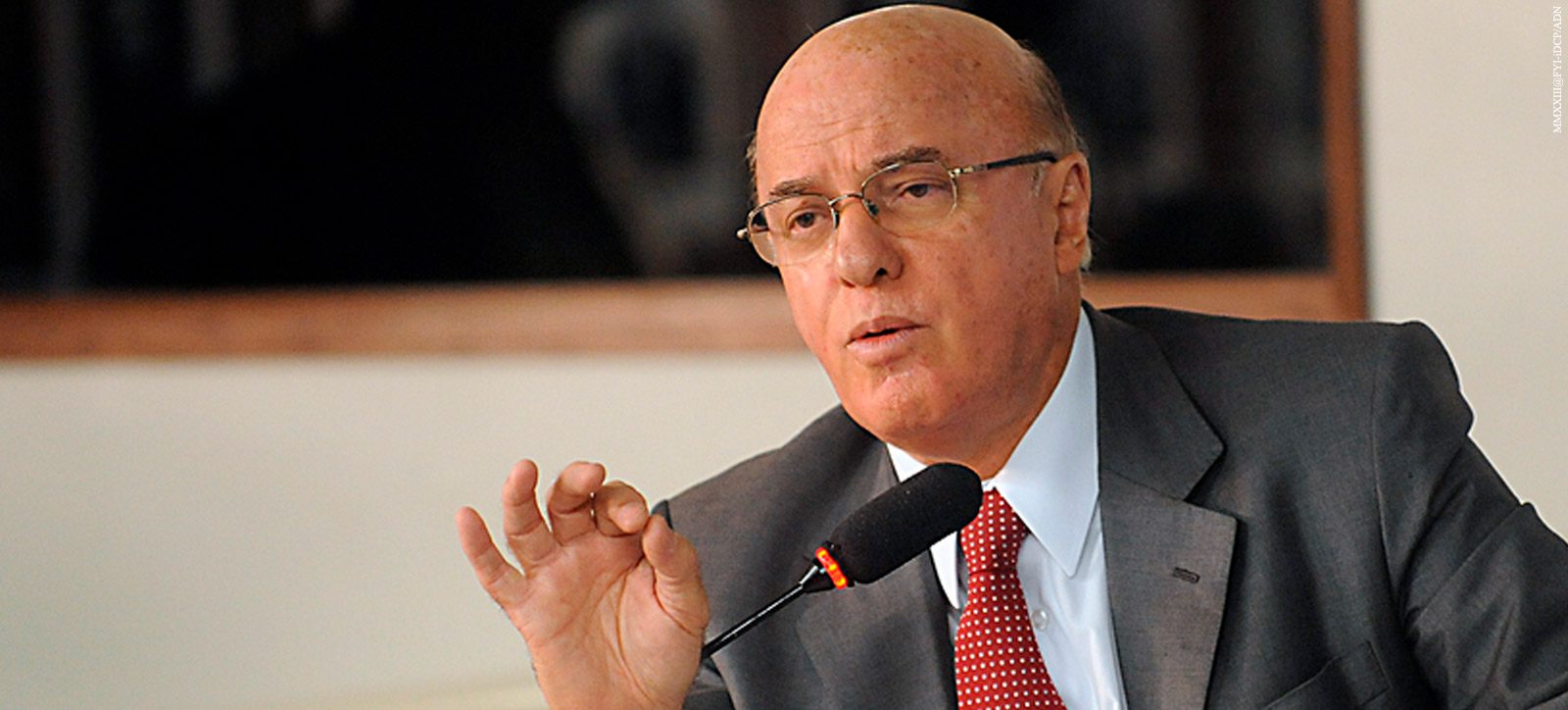TRF-2 , Federal Regional Court of the 2nd Region (Tribunal Regional Federal da 2ª Região RJ e ES)
Believing that the social conduct and motives behind the crime of corruption do not authorize an “extremely high” sentence, as judge Marcelo Bretas of the 7th Federal Criminal Court of Rio de Janeiro had done, the 1st Specialized Panel of the Federal Regional Court of the 2nd Region (RJ and ES) formed a majority on Wednesday (2/2) to reduce the sentence of Admiral Othon Luiz Pinheiro da Silva, former president of Eletronuclear, from 43 years to four years, ten months and ten days in prison. The prison sentence was replaced by two restrictive sentences.
The trial was interrupted by a request from judge Flávio Lucas. Judges Antonio Ivan Athié, the rapporteur, and Simone Schreiber voted to partially accept Othon’s appeal.
In the first sentence of the Rio de Janeiro branch of the “car wash”, Bretas sentenced the former president of Eletronuclear to 43 years in prison for the crimes of passive corruption, money laundering, obstruction of investigations, currency evasion and participation in a criminal organization.
The judge ruled that it had been proven that Othon received a 1% bribe in the contracts signed between the state-owned company and the contractors Andrade Gutierrez and Engevix, for the construction of the Angra 3 Nuclear Power Plant, in the Angra dos Reis nuclear complex.
The admiral’s defense, led by criminal lawyer Fernando Augusto Fernandes, argued that the due process of law was not respected. In an oral argument in defense of Engevix partner José Antunes Sobrinho, lawyer Geraldo Prado pointed out that there had been concealment of evidence in the case. Based on these arguments, Judge Flávio Lucas asked to be heard.
The rapporteur of the appeal, Antonio Ivan Athié, voted to acquit Othon Luiz Pinheiro da Silva of the charges of obstructing investigations, belonging to a criminal organization, currency evasion, money laundering by maintaining an account abroad and two counts of active corruption.
With regard to the crime of passive corruption, Marcelo Bretas, considering the admiral’s social conduct and the motives for the crime, set the base sentence at nine years in prison. For the rapporteur, these factors do not authorize the sentence to be raised to such an “extremely high level”.
“In fact, there is no denying that the appellant Othon Luiz Pinheiro da Silva tarnished his biography by requesting undue advantages from contractors under the pretext of leveraging his personal scientific projects, disappointing a generation of engineers influenced by him and disgracing his military career in the Navy. However, these moral consequences must be faced by the appellant himself in his social environment, and do not constitute an element capable of denigrating his social conduct, since the facts listed are neither disreputable nor reveal perfidious social coexistence,” said the magistrate.
He also pointed out that Othon’s objective was not to make an “easy profit”, but to continue his research into the development of turbines, projecting in them a low-cost use of clean energy.
“It seems that, even at an advanced age, he refused to live lavishly on the fruits of illicit activities, opting instead to put the advantages he had unduly received as a result of his position to good use,” said the judge, setting the base sentence for passive corruption at three years, ten months and 20 days in prison. With money laundering and the recognition of a formal competition between the offenses, the rapporteur voted to set the total sentence at four years, ten months and ten days in prison, to be replaced by two restrictive sentences.
Ivan Athié argued that Othon, one of the fathers of the Brazilian nuclear program, should remain in active service, passing on his knowledge to society.
“I consider that, due to the appellant Othon Luiz Pinheiro da Silva’s notorious and specific knowledge of nuclear engineering, with national and international recognition for his technical capacity, it would be much more interesting for the Brazilian people, Science and the Public Authorities if, as he remains relatively active even at an advanced age, with the inherent limitations, he passed on his valuable knowledge in public institutions and universities, as a form of service to the community. The measure would have greater value both for society and for the rehabilitation of the appellant himself.”
The rapporteur also voted to acquit Ana Cristina da Silva Toniolo, the admiral’s daughter, who was also represented by Fernando Fernandes. He also voted to replace José Antunes Sobrinho’s sentence with two restrictive sentences. He also partially accepted the appeals of Olavinho Ferreira Mendes, Geraldo Toledo Arruda, Victor Sérgio Colavitti, Josué Augusto Nobre and Carlos Alberto Montenegro Gallo.
*** Translated by DEFCONPress FYI Team ***
